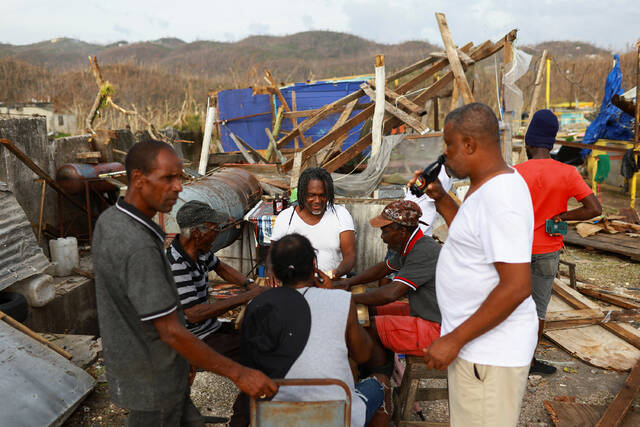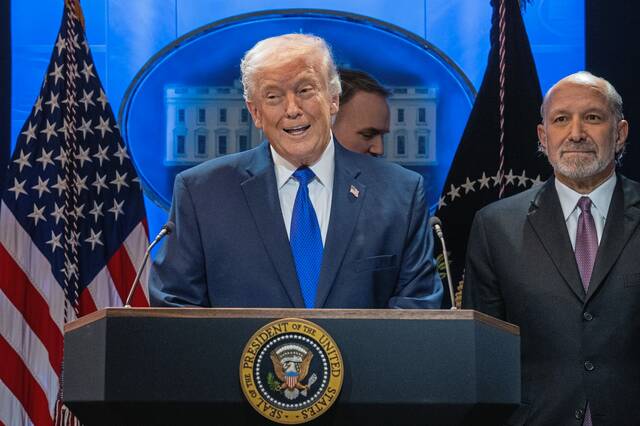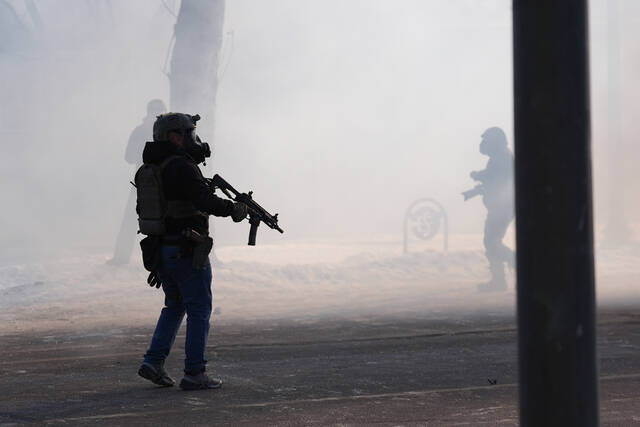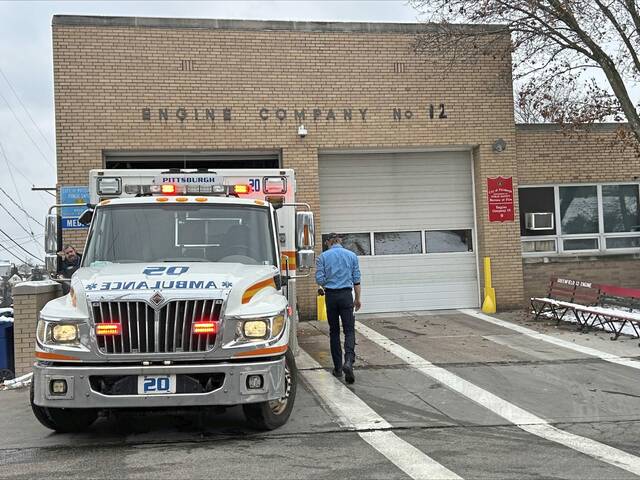Canceling regulations to enter Pennsylvania in the Regional Green House Gas Initiative (RGGI) is now under consideration in commonwealth budget negotiations. Participation in RGGI is the most important thing Pennsylvania can do right now to combat climate change. Gov. Josh Shipiro and Pennsylvania House Democratic leaders should refuse to support any legislation which cancels Pennsylvania’s participation in RGGI.
Climate change is the most serious long-term threat to this planet. 2024 was the warmest year on record, according to the World Meteorological Organization. Hurricane Melissa’s devastation of Jamaica is the most recent example of how climate change can exacerbate storm damage.
Pennsylvania is the fourth-largest carbon dioxide emitting U.S. state, and about 30% of Pennsylvania’s total greenhouse gas emissions come from its electric power sector — mainly coal and gas-fired power plants.
RGGI is a 10-state cap-and-trade program designed to reduce greenhouse emissions from the electric power sector. RGGI was established in 2009; currently there are 10 participating Mid-Atlantic and New England states.
RGGI is described as a cap-and-trade program because a “cap” is put on a state’s overall power sector carbon dioxide emissions. This cap shrinks over time allowing less and less emissions. Electric power producers must purchase carbon emission allowances at RGGI’s quarterly auctions or elsewhere. These allowances can be freely “traded” on the open market. Participating states invest the proceeds from these auctions in energy efficiency and clean energy.
RGGI has worked well. According to RGGI Inc., “Since RGGI’s inception, CO2 emissions from covered power plants in the region have declined 46% and RGGI allowance auctions have yielded more than $9 billion to power investment in the clean energy future of the participating states.”
In 2020, then Gov. Tom Wolf signed an executive order to develop regulations to place Pennsylvania in RGGI. Wolf used regulatory process because of the political impossibility of doing so legislatively. Almost all Pennsylvania Republican legislators oppose RGGI.
Pennsylvania’s RGGI regulations were finalized in 2022. These regulations were challenged in court by Republican legislative leaders along with business and labor groups on the basis that the regulations imposed a tax not authorized by the Pennsylvania Legislature. The Pennsylvania Supreme Court is expected to rule on this case soon.
Senate Republicans are now demanding a repeal of the RGGI regulations as a condition for agreeing to a budget (now about four months late). House Democrats are seriously considering this demand, partly due to Shipiro’s lack of support for RGGI. Since announcing his run for governor, Shapiro has never publicly endorsed Pennsylvania’s entry into RGGI.
During the last session, Shapiro unveiled his Pennsylvania Climate Emissions Reduction Act legislation (PACER, House Bill 2275). This legislation would have created sort of a Pennsylvania-only version of RGGI. The bill went nowhere. PACER has been introduced again this term (HB 503/Senate Bill 503). The legislation has zero chance of passage in the Senate.
The bottom line is that given the solid Republican control of the Senate and the tenuous Democratic control of the House, RGGI regulations are the only chance Pennsylvania has to meaningfully address climate change at this time.
House Democratic leaders and the governor — if they are serious about addressing climate change — must reject Republican demands to cancel RGGI regulations.
Rep. Greg Vitali, D-Delaware, is majority chairman of the Pennsylvania House Environmental Committee.








